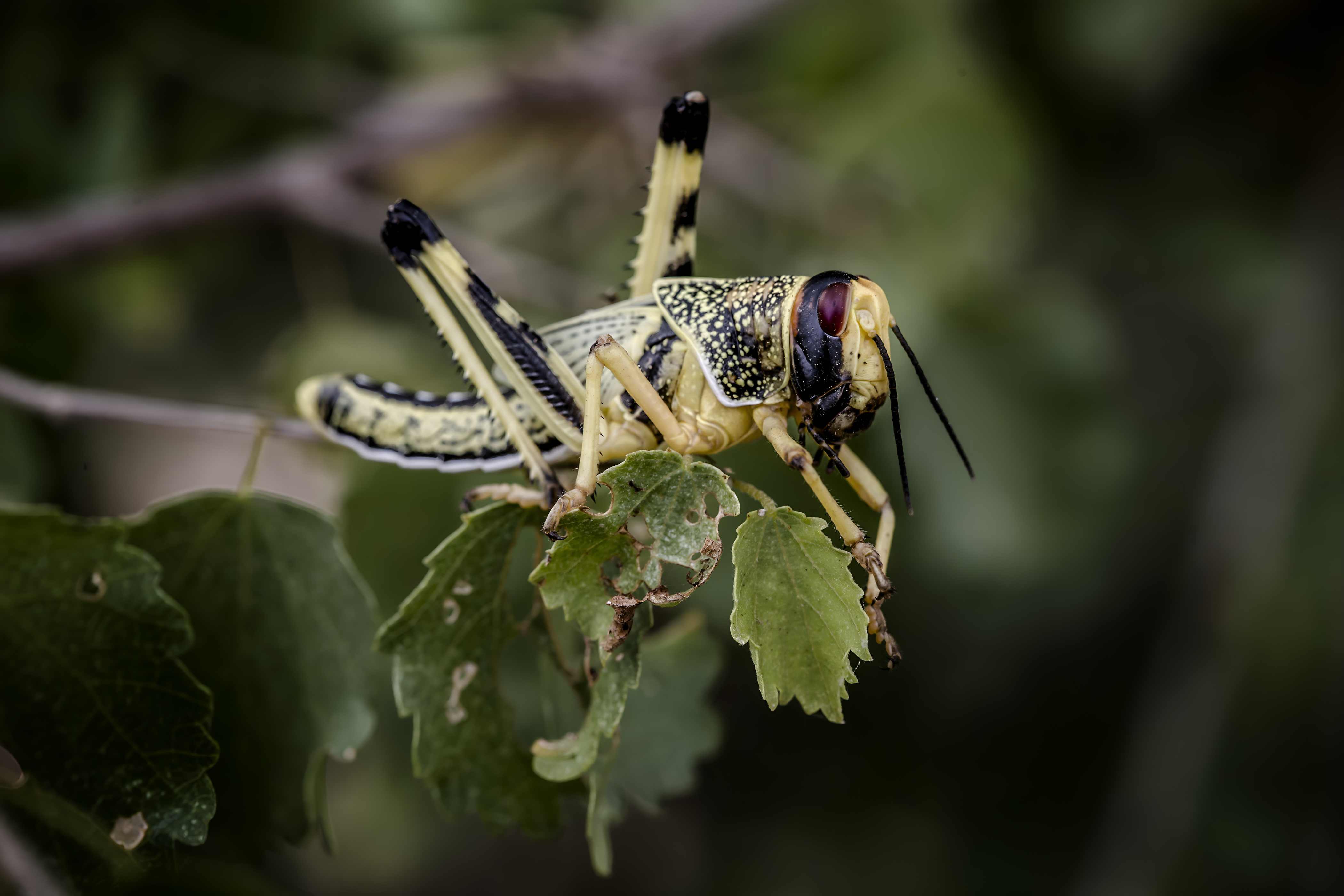A fresh wave of locusts has invaded Turkana South, raising fears of food shortages and loss of livelihoods among farming and pastoral communities.
The locusts, spotted earlier this week in Lochwa-ang’ikamatak, Kanaodon, and Lokapel, have attacked vegetation, including acacia and fruit trees, as well as the invasive Mathenge plant.
Local elder John Lungi voiced the community’s fears, saying, "This is a serious threat. If these locusts are not controlled, they will wipe out our crops and pastures. We are worried about food shortages and how this will affect our families and livestock."
In response, the Turkana County Department of Agriculture launched a rapid assessment to determine the extent of the damage and identify the locust species.
The team is conducting transect drives to monitor the population and assess the pests’ effect on the environment.
County Director of Agriculture Aaron Nanok and County Crop Officer Gabriel Okata, who is leading the assessment, confirmed the locusts were found in open woodlands, with population densities ranging between 30 and 70 hoppers per tree.
The pests are feeding heavily on trees and shrubs, and even sorghum crops at the milky stage are now under threat.
"There is growing concern that the locusts may migrate to nearby farmlands as their current food sources diminish," their report warned.
As part of the assessment, community engagement meetings were held where residents raised their concerns.
"We are worried about the diminished pasture and the threats to food security and livelihoods posed by the locusts," said Lungi during one of the sessions.
Nanok emphasised the seriousness of the situation and the need for urgent intervention.
"The tree locust infestation is a tangible threat to ecological balance, food production, and pastoral livelihoods," he said.
"The county government will ensure coordinated surveillance and pest control measures to contain the spread and minimise environmental damage."
Last year, a similar infestation was reported in Sankuri, Garissa County, where fruit trees and other vegetation were damaged, affecting both crop and livestock farming.

